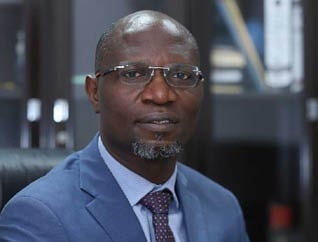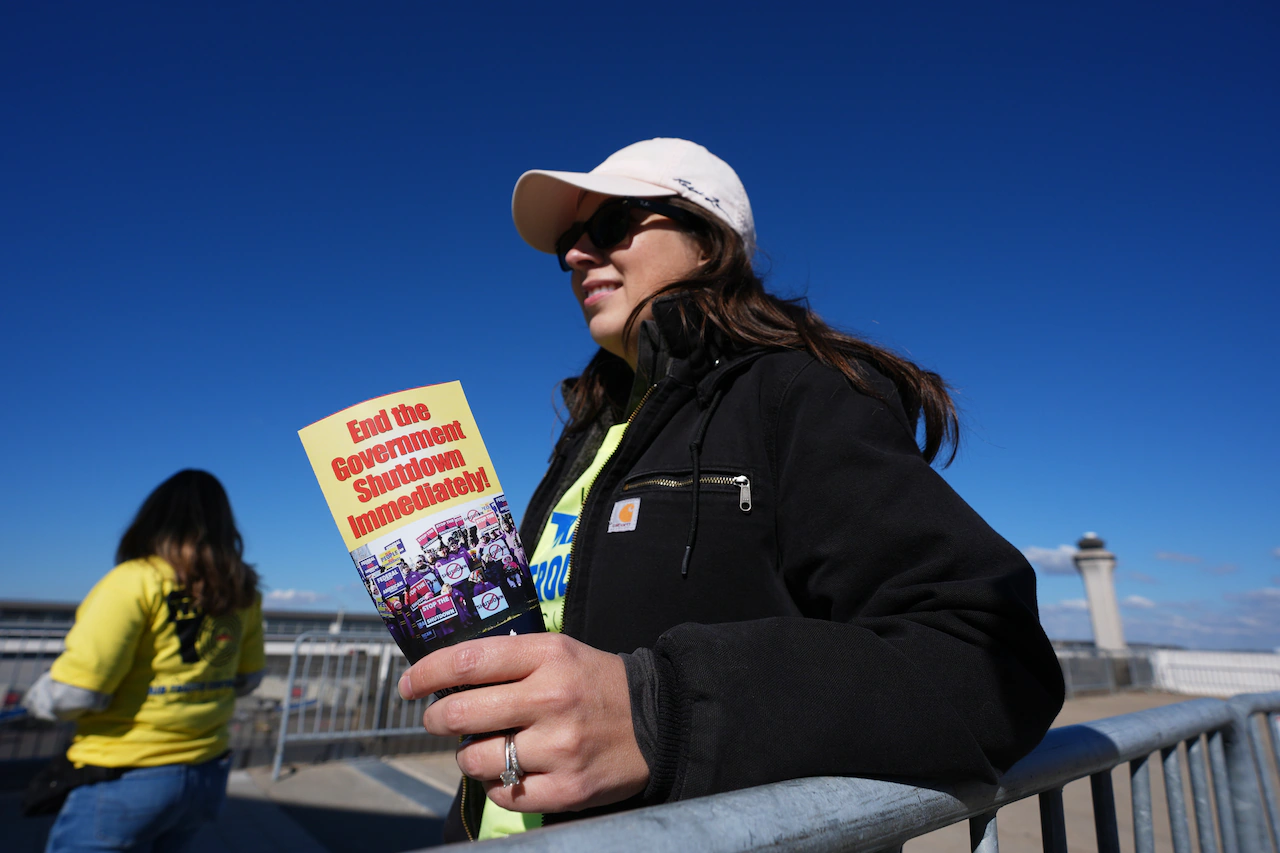Copyright leadership

The Securities and Exchange Commission has said that the approval of a $500 million international Sukuk will deepen ethical finance and attract new investment for national development. The director-general of SEC, Dr. Emomotimi Agama, stated this at the second day of the seventh African International Conference on Islamic Finance (AICIF) 2025 held in Lagos. He stated that a $500 million international Sukuk had also been approved to drive infrastructure development in the country further. He emphasised that the rapid growth of Islamic finance across the continent shows Africa’s readiness to embrace non-interest instruments as a mainstream funding source. He cited examples from Egypt, Kenya, Tanzania, Senegal, and Ghana, which are strengthening legal and policy frameworks to attract Shariah-compliant investments. He stated, “The growth of the non-interest segment in Nigeria, a market now valued at over N1.6 trillion, is clear evidence that when there is an enabling regulatory environment, the market responds with vigour.” He noted that Nigeria’s sovereign Sukuk programme had raised over N1.4 trillion through seven issuances since 2017, financing the construction and rehabilitation of 124 critical roads covering more than 5,820 kilometres across the country. Agama added that the recent approval of a $500 million international Sukuk would mark the next phase of Nigeria’s effort to attract ethical financing for infrastructure and economic growth. Agama commended Metropolitan Skills for its role in advancing Islamic finance. It stated that the resolutions from the conference would inform the Second Nigerian Capital Market Masterplan (2026–2035), as the first plan was set to conclude this year. He urged stakeholders to continue using Islamic finance as a tool for ethical investment, financial inclusion, and infrastructure renewal, stressing that “prosperity without inclusion is not sustainable.” The Conference chair, Ms Ummahani Amin, said. At the same time, Islamic finance had made remarkable progress in Nigeria and across Africa, the continent was yet to fully harness its potential as a reliable source of catalytic capital to bridge its annual infrastructure financing gap estimated at $130 billion to $170 billion. She noted that although global Islamic financial assets grew by 14.9 per cent year-on-year to $3.88 trillion in 2024, Africa’s share remains marginal due to barriers such as underdeveloped market infrastructure, limited liquidity, and low investor education. “To enable Sukuk and other Islamic financial instruments to serve as effective drivers of financial intermediation and macro-financial stability, we must first address the barriers that continue to constrain their growth,” Amin said.



